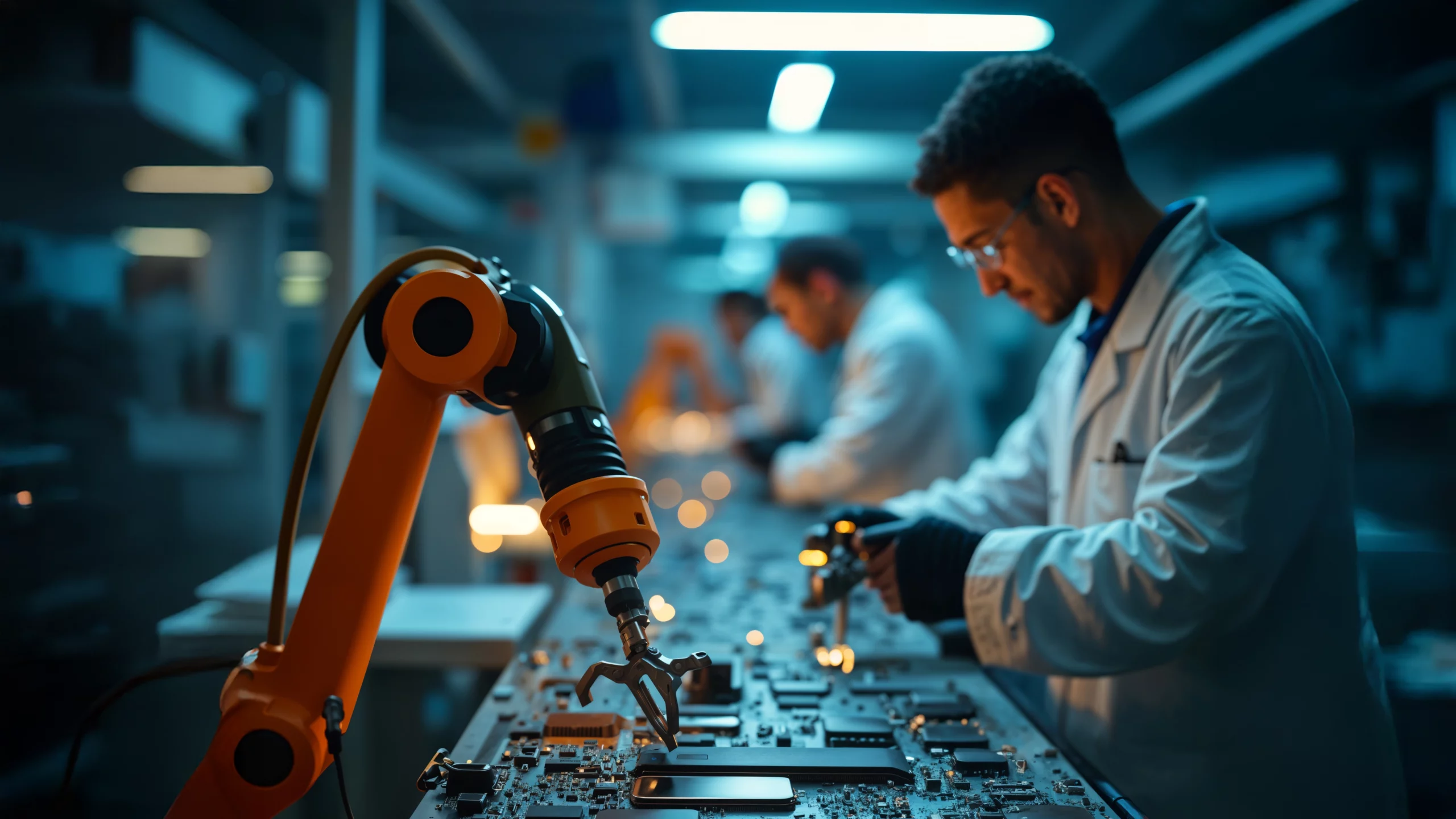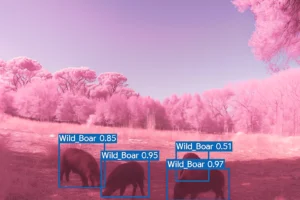RESEARCH
New frontiers in the factory: advanced interaction in Industry for Robotic Systems and Continuous Transformation

Maria Rosa Pizzo, Project Manager and Solution Architect at Italtel
Digital Transformation in Manufacturing: Figures and Future Outlook
The manufacturing sector is undergoing a true digital revolution. Emerging technologies are transforming factories into increasingly smart environments, with significant impacts on efficiency, productivity, and sustainability. According to research by the McKinsey Global Institute, the adoption of digital solutions in production processes could generate up to $2.2 trillion per year for the global manufacturing industry by 2030.
This transformation extends far beyond the automation of production lines. It involves a dynamic, ongoing interaction between humans and machines, enabling a more flexible factory capable of responding in real time to market demands. Digitalization in manufacturing requires a complete rethinking of processes, enhancing human interaction with machines throughout the design, management, and continuous reconfiguration phases of transformative factories. To achieve this, the implementation of digital technologies for machine control and virtual prototyping becomes essential.
An Innovative Automation Project: Focus on Advanced Human-Machine Interaction
The project “Advanced Human-Machine Interaction for Continuous Transformative Manufacturing and Robotic Systems” is part of the “Three A” sectors – Apparel, Furniture, and Automation – and is centered on revolutionizing automation in production processes. In this context, digitalization requires a radical rethinking of workflows to make them more agile and adaptable, continuously integrating humans into the design, management, and reconfiguration cycle of next-generation factories.
The project aims to explore innovative solutions to improve collaboration between operators and machines, enhancing performance through the use of Artificial Intelligence (AI), virtual prototyping, and advanced software/network orchestration systems. The goal is to narrow the gap between technology and operators, creating a more interactive, efficient, and future-ready work environment.


“
“The project ‘Advanced Human-Machine Interaction for Continuous Transformative Manufacturing and Robotic Systems’ marks a fundamental step toward the factory of the future. The collaboration between Italtel and the Universities of Bologna and Naples is a virtuous example of how academic research and industry can work together to develop innovative and sustainable solutions. Integrating advanced technologies such as AI and virtual prototyping not only improves process efficiency but also fosters a more interactive and market-responsive work environment.”
says Prof. Michele Zannoni from Alma Mater Studiorum – University of Bologna.
Project Development Areas
The project focuses on three core development areas, each playing a key role in redefining human-machine interaction in tomorrow’s factories:
-
Advanced HMI (Human-Machine Interface): Exploring human-machine collaboration through AI-powered proactive feedback, moving toward AI-integrated interfaces with machines and digital data.
-
Virtual Prototyping: Utilizing virtual models to design and produce complex systems, improving geometric modeling with features that allow for lifecycle-specific testing.
-
Cloud-ready Technologies and Orchestrators: Investigating the adoption of cloud-based technologies on industrial equipment and designing orchestration systems to optimize software and network functions.
Italtel’s Contribution
Italtel is one of the main industrial partners of the project, alongside SCM, a company specializing in woodworking technology. We are actively involved in two out of the three key areas: Advanced HMI and Cloud-ready Technologies and Orchestrators. In both domains, we collaborate to integrate software architecture and implement the necessary elements for developing Proofs of Concept (PoCs) based on innovative systems proposed by the Universities of Bologna and Naples.
Additionally, we will present use cases in the area of edge-cloud integration, focusing on the intelligent orchestration of services across machines.
From Italtel, Patrizia Cavalloro and Alberto Amico contributed their expertise to the project.
Conclusion
As digitalization drives change across factories, this project represents a significant milestone in the evolution of automation and human-machine interaction. Through continuous innovation and strong collaboration between research and industry, we are ready to face the challenges of the factory of the future, improving efficiency, sustainability, and interaction in production processes.


